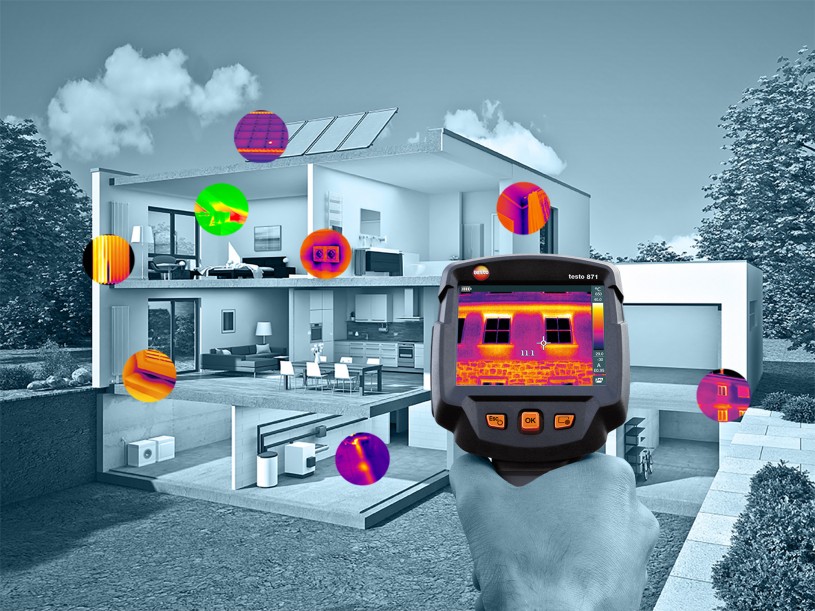
Even the most dedicated do-it-yourselfer can’t always fix it all. One of the areas where a little professional help can provide a lot of valuable guidance is in a home energy audit. Organizing the complex challenges of improving home energy usage can truly save you money.
Because of the demands residential and commercial energy place on communities and their environments, state and municipal governments, utilities and regulatory agencies express growing interest in how to incorporate energy-use standards into building and community-planning codes. This has led to development of building-rating systems based on energy efficiency. Just as LEED (Leadership in Energy and Environmental Design) standards increasingly measure commercial building design, organizations like RESNET (the Residential Energy Service Network) set valuable standards for residential buildings.
While standards have their most powerful impact on the availability of funds for new building, the appeal of being able to assign performance scores to existing structures has resulted in widespread use of home energy audits. As of 2018, ten states have chosen to require this Energy Index Rating option as part of residential real estate transactions: Alabama, Florida, Illinois, Maryland, Michigan, New Jersey, New York, Texas, Utah and Vermont. Buying a home is a big proposition; an Energy Index Rating gives you a “peek under the hood” when it comes to energy performance.
It’s seldom that individual homeowners happily embrace a new requirement, because the local building department or assessor says they must. To an increasing number of homeowners, however, a professional energy audit has begun to make sense as part of living in a home, not just putting it up for sale. If a professional audit can save substantially on your energy costs, why wait to have it done until your homebuyer is the sole beneficiary? Getting an energy audit while you live in your home lets you plan improvements effectively and enjoy the results.
Of course, there’s a great deal you can do on your own, from updating light bulbs to re-insulating the attic. The U.S. Department of Energy publishes great lists that help you organize and schedule problem-solving chores in an orderly fashion. But it can still feel as though you’re spending more weekend time with your toolbox than with your kids, and it’s getting less clear whether you’re solving problems or somehow missing the point.
Results from weatherproofing that crawlspace may be evident immediately, while the blanketing and taping of hot water pipes and heater may show up slowly over the winter months. Recaulking windows redirects your attention to drafty floors. Sealing up a source of drafts leaves a musty odor. You’re willing to learn, but it’s hard to tell what you need to know. The biggest problem for a d-i-y homeowner is that energy is one of the major areas where all elements of construction, site, climate and household activity combine to work in interrelation with each other. This is the problem a professional home energy audit is designed to address. A whole-house inspection, a professional audit puts energy leakage both in and out of your house into measurable perspective.
Finding A Home Energy Inspector
Contact your energy provider, your state weatherization office or a professional certification organization like RESNET (Residential Energy Services Network). The qualifications for becoming a home or energy inspector vary from one community to another. Ask questions about how the person you might hire got his or her experience and qualifications. Ask what tests he/she plans to perform to evaluate your house. Will you receive an HERS score? How do they test for R-values? How do they conduct a thermal imaging test, and what results can they obtain? Ask what preparations they want you to make before the inspection is performed. Do they ask for information on when the house was built or renovated? Do they ask what kind of heating system you have? Do they have instructions for pets? Fireplaces? How long should you expect the inspection to take?
Cost of a Professional Home Energy Audit
Just as professional standards vary from one region to another, so do costs. Your local energy provider may offer a reasonably-priced inspection or offer guidelines on local going rates. An Angie’s list expert estimates that, country-wide, an audit is likely to cost you between $250 and $700. Ask what tests and procedures are included. Usually the HERS evaluation and thermal image test comprise the package; some inspectors conduct an additional airtightness test referred to as a PFD test.
What Happens During a Home Energy Audit?
Plan to be home for your inspection, or have a knowledgeable friend or family member present. Allow half an hour beyond the inspector’s estimated time. Problems can be more complex than they look at first glance. You are likely to have questions that emerge only as the inspection progresses. The inspector may want additional information about the history of your house or about renovations you inherited or had done during your occupancy.
During the HERS test, a temporary door outfitted with a powerful vent fan will blow air out of the house, lowering interior air pressure to the point that outside air will come in through any leaks. This provides essential information on soundness of all kinds: at joints, between the foundation and structure, around windows and doors, anywhere that air can leak in—and can therefore also be prevented from leaking. The size of leaks and the rate at which they allow energy to leave the house will help you prioritize repairs.
Thermal imaging takes a “picture” of household surfaces, showing with different colors the rate of heat loss from walls, roofs and other building features. When both environmental awareness and thermal imaging were newer, roughly 40 years ago, a number of utility companies made a name for future-focus by offering customers the opportunity to view heat-leaking flyovers. Helicopters outfitted with thermal-sensitive cameras took pictures of residential neighborhoods, giving customers one of the early specific views of how much heat was lost through poorly insulated attics and under-eaves spaces. Not surprisingly, insulation sales rose rapidly in many winter-plagued communities, and it is logical to hypothesize that air-conditioning bills dipped as well. More sophisticated measuring equipment provides a well-articulated picture of your home’s energy performance in multi-colored detail.
What Happens After a Home Energy Audit?
This is, of course, in large part up to you. News may be good, and small amounts of re-caulking and sealing may solve the draft problem. If the picture is more problematic, hopefully a professional audit will help you determine which repairs are likely to be the most effective in lowering energy-waste costs and improving your residential climate. You’ll be confronting some costs to improve the soundness of your property and rein in energy waste, but gradually, with planning, your lower electric bills will reflect your progress. For this reason, it seems foolish to wait until you sell your house to have a professional assessment of your home energy performance. A home energy audit can give you good advice that will make your home more comfortable and economical beginning right now.

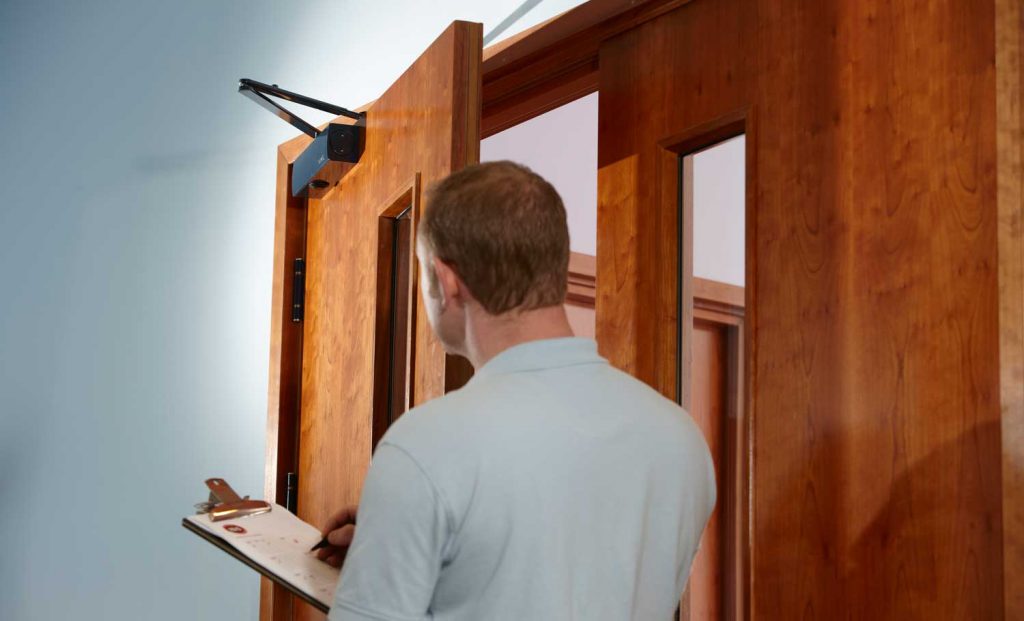
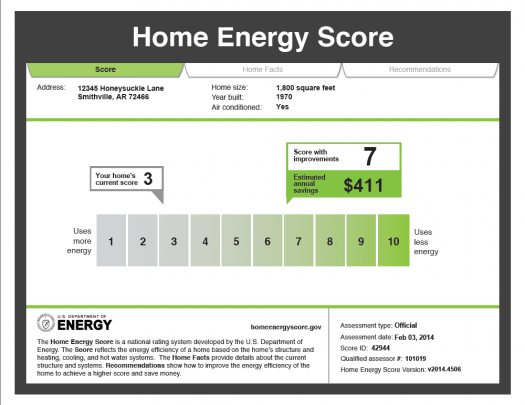




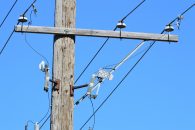

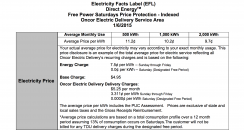

[…] ready and cleaning up disturb your routine, but by and large seem like time well spent. Adding an energy inspection to your redecorating set-up routine adds even greater value to the expenditure of your time. […]